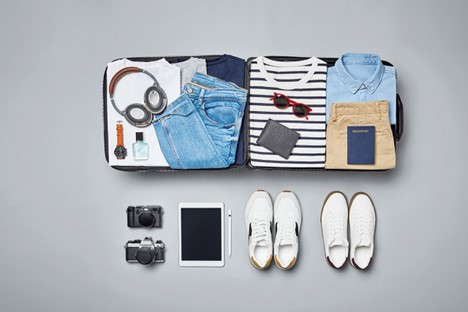
Healthy Travel Abroad
The best way to stay healthy on your trip is to plan ahead. Talk with your doctor several months before you travel to another country.
Get needed vaccines
• Make sure you are up to date with your routine shots. They can protect you from diseases such as polio, diphtheria, and measles.
• Get other vaccines you need, here are some examples:
– Hepatitis A vaccine, traveling to developing countries.
– Yellow fever vaccine, traveling to South America and Africa.
– Typhoid fever vaccine, traveling to Central and South America, Africa and some areas of Asia.
Bring medicines with you
• If you take medicines, bring a supply that will last the length of your trip. Get a letter from your doctor that lists your medical conditions and the medicines you take. Also bring any medical supplies you may need such as blood sugar testing supplies or insulin needles.
• If you are going to an area where malaria is a risk, ask your doctor or health clinic for a prescription to help prevent infection.
• You may want to bring medicine for travelers diarrhea. Over-the-counter medicines include Pepto-Bismol & Imodium.
Make safer choices as you travel
• Purchase travel insurance before you travel.
• Practice safe sex. Using condoms can prevent sexually transmitted infections.
• In areas where mosquito-borne illnesses are found, use DEET insect repellent. Use mosquito netting to protect yourself while sleeping.
• Have drinks made with boiled water, such as tea and coffee. Canned or bottled carbonated drinks, such as soda, beer, wine, or water, are usually safe. Don’t use ice if you don’t know what kind of water was used to make it. Don’t use tap water to brush your teeth.
• Air pollution in some large cities can be a problem if you have asthma or other breathing problems.
• Be careful around dogs and other animals. Dogs in developing countries are often not tame and may bite.
• If you’re going to a place that’s much higher above sea level than you’re used to, ask your doctor how to avoid altitude sickness.
